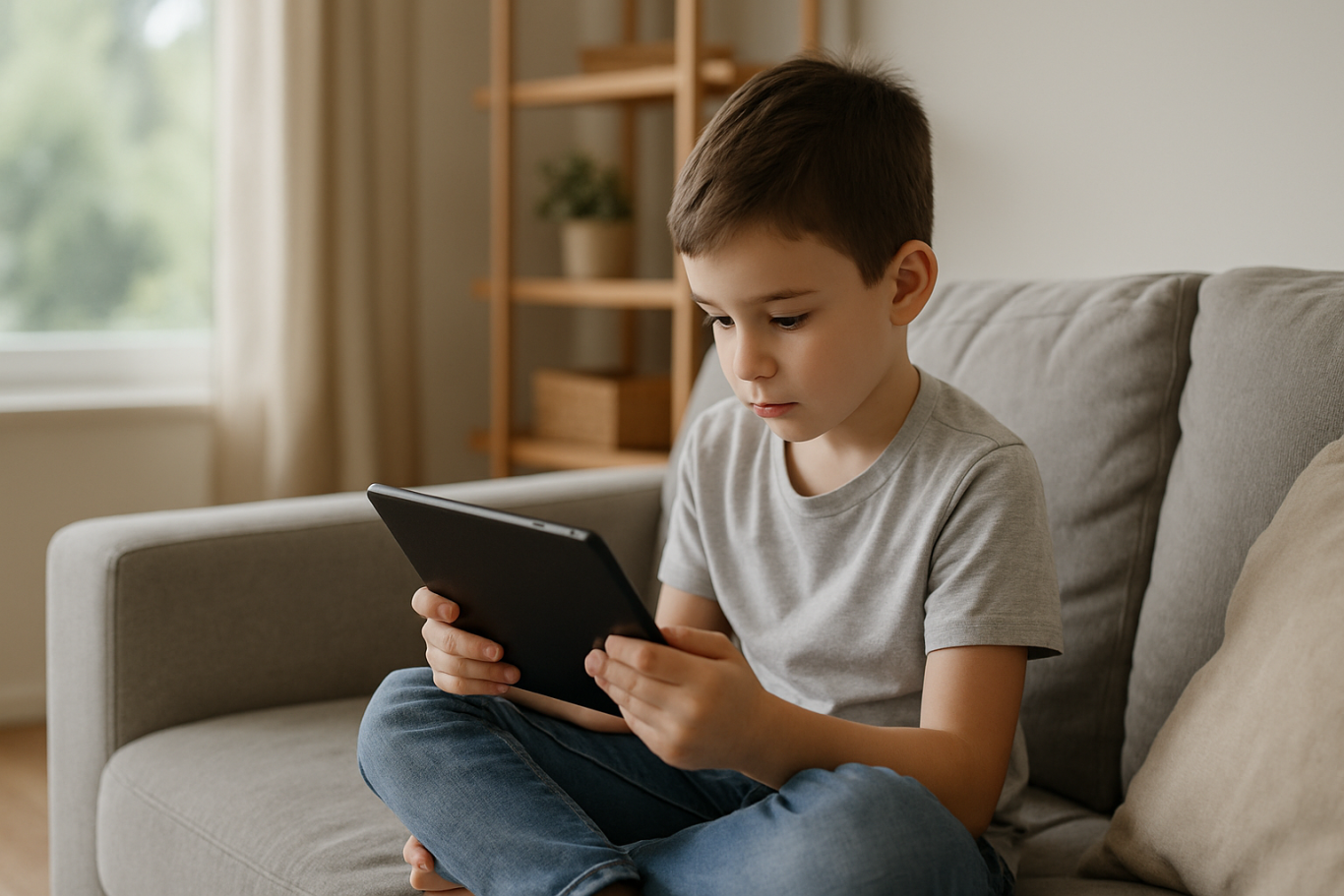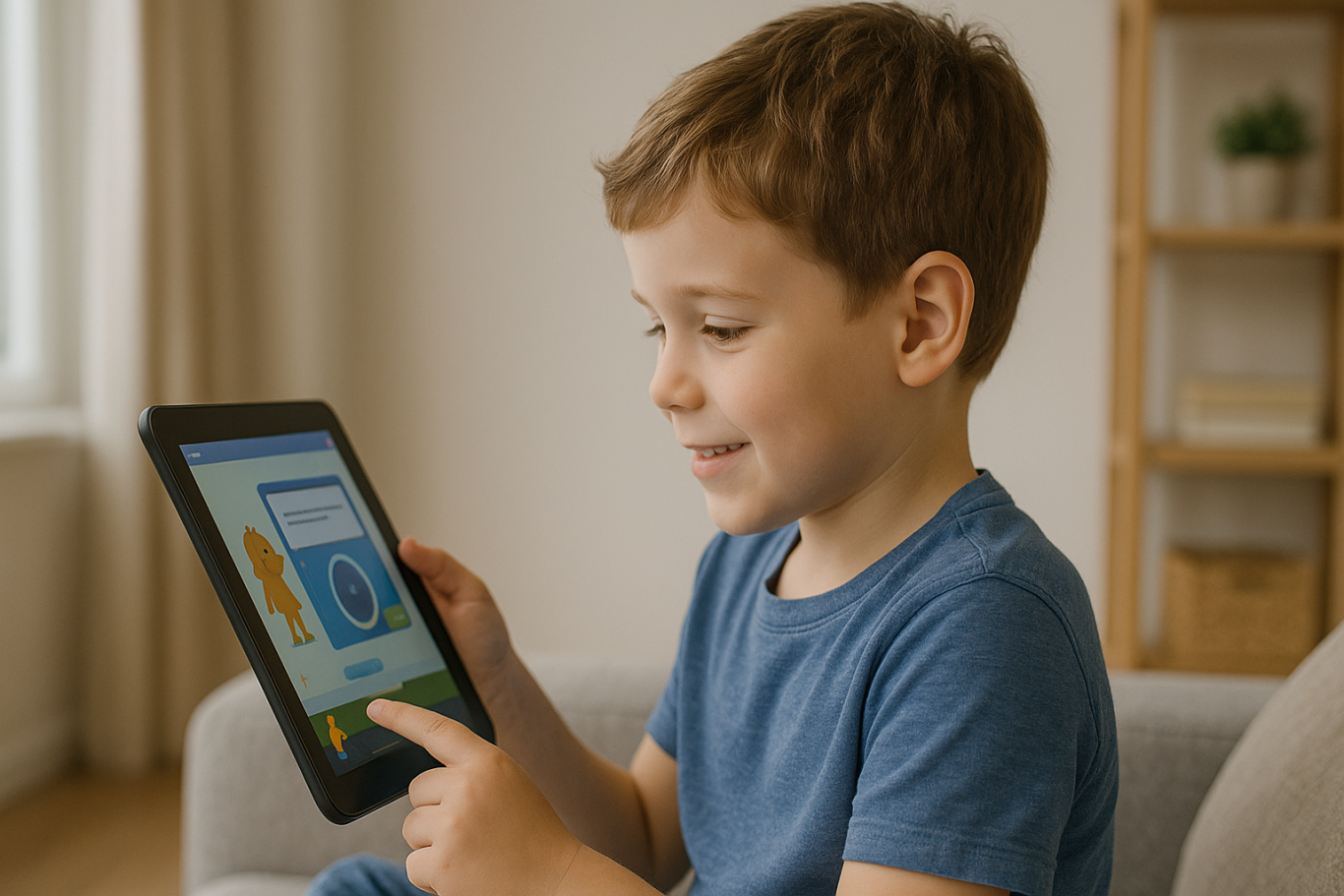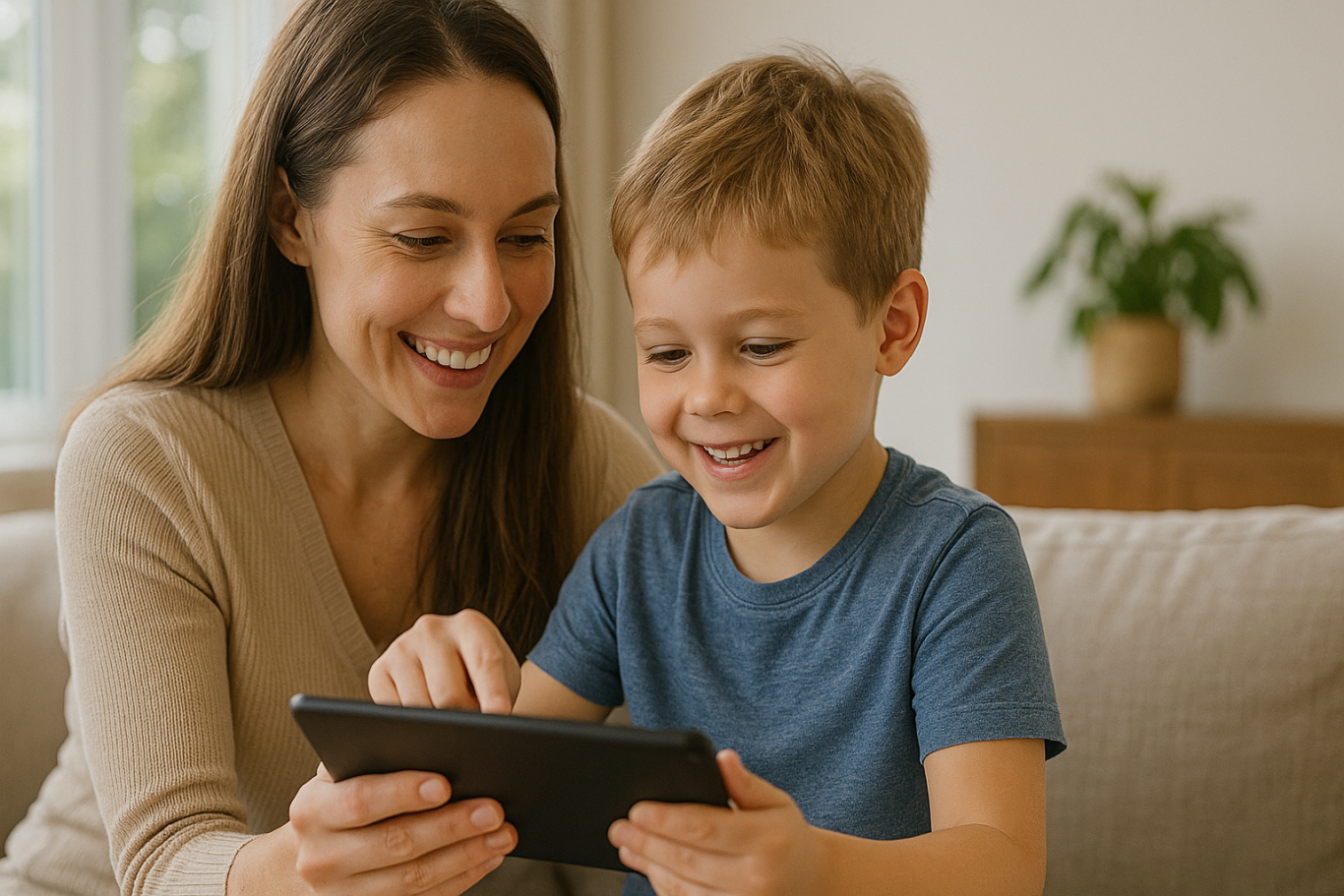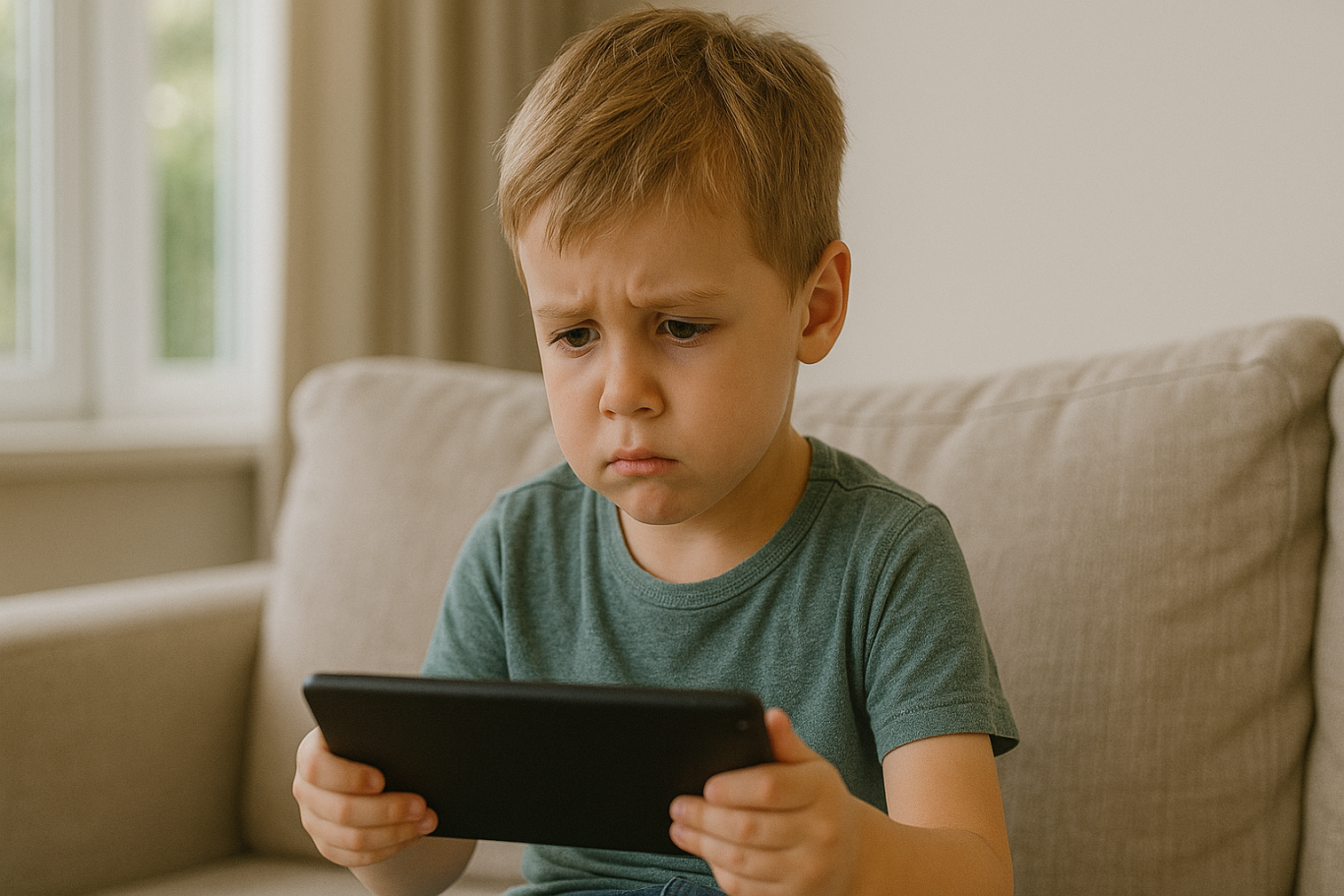Screen Time Isn’t the Enemy: Why Screen Time for Kids Should Focus on Quality in 2025
In today’s digital age, screen time for kids is a hot topic among parents. Many worry that too much time in front of a screen could negatively impact their children’s physical health, mental well-being, and social development. However, the truth is, screen time for kids isn’t inherently bad. When used wisely and filled with the right kind of activities, it can actually bring many positive benefits.
This article explores why the quality of screen time for kids matters more than simply limiting the hours. We’ll also discuss examples of productive digital activities, practical tips for managing screen time, and how parents can turn screen moments into opportunities for learning and meaningful family bonding.
Look Beyond Just the Hours

Most conversations about screen time for kids revolve around duration: how many hours per day is too much? But recent research suggests that the real impact depends more on what children do during that screen time and whether parents are involved.
For example, watching educational shows, taking a coding class, or working on digital projects is far more beneficial than passively playing games or binge-watching entertainment videos.
The American Academy of Pediatrics (AAP) recommends that parents focus more on content, engagement, and interaction, rather than rigidly limiting screen time hours.
What Makes Screen Time High Quality?

High-quality screen time is screen time that’s used for educational, creative, or character-building purposes. Examples include learning to code, creating animations, joining digital art classes, reading e-books, or communicating positively with friends and family.
Quality also improves when digital activities involve parents. Helping kids choose educational apps, discussing movies together, or working on a digital project as a family can strengthen your bond and build children’s confidence.
The Benefits of Well-Managed Screen Time

When managed properly, screen time for kids can foster many valuable skills, such as:
- Digital literacy and tech readiness: Preparing children for a digital-driven world.
- Critical and creative thinking: Boosted through solving coding challenges, creating digital projects, or editing videos.
- Communication and collaboration: Practiced in online classes, learning forums, or group projects.
- Character development: Encouraging discipline, curiosity, responsibility, and confidence.
The Risks of Unsupervised Use

On the flip side, poorly managed screen time can lead to negative outcomes like gadget addiction, sleep problems, reduced social interaction, and passive behavior. That’s why active parental supervision and guidance are essential in shaping healthy screen habits.
How to Make Screen Time More Productive
Here are some practical tips to help ensure screen time for kids is beneficial:
- Choose Educational Content Wisely
Opt for age-appropriate learning apps, websites, or programs. Avoid content that’s inappropriate or irrelevant. - Create a Balanced Daily Schedule
Balance screen time with physical activity, outdoor play, and enough rest. - Watch and Discuss Together
Be present during digital activities and talk about what your child is learning or watching. - Offer Creative Digital Options
Introduce fun experiences like coding, graphic design, vlogging, or app-based science experiments. - Make It a Family Activity
Try learning coding together, watching documentaries, or working on family-friendly digital projects.
Coding Courses: A Great Example of Quality Screen Time

Ingin tahu detail program?
One of the best examples of productive screen time for kids is enrolling them in coding courses. Coding isn’t just a trend — it builds logic, creativity, and problem-solving skills. It also promotes patience, teamwork, and curiosity.
At Timedoor Academy, children can explore coding through structured lessons and real-world projects in a safe and supportive environment. With free trial classes available, it’s a great way to turn screen time into a fun, meaningful learning experience.